We are Crossmopollinate. Our name is a portamento of the words cosmopolitan and cross-pollinate.
We are a collective initiated in the Transcultural Studies department of Heidelberg University. Although we come from multiple backgrounds, such as anthropology, architecture, art history, cartography, geography, literature studies, urban planning, and so on, one thing that brought us together was our approach to transculturality. We firmly believe that the transcultural lens could be implemented to create a collaborative platform between students, researchers, artists, and cultural practitioners. We strive to bridge the gap between transcultural theory and practice, employing a two-pronged approach in order to achieve this goal.
Through Interval, the collective’s magazine, we aim to integrate the transcultural model into discussions about art, politics, economy, and society beyond the confines of academia. Interval seeks to demystify the theoretical aspects of Transcultural Studies by creating multimedia content, including calls for papers, podcasts, video essays and more. We hold the belief in the capacity of such diverse narrative practices to promote the horizontalization of the often hierarchical domain of knowledge production.
Through Crossmopollinate, the collective’s research lab, we aim to bring together expertise from disciplines such as sociology, anthropology, geography, mathematics, art, and natural sciences. We wish to realise the conjunction between separated realities through new modes of critical thinking and problem-solving. Additionally, we aim to facilitate community-based workshops, research, and public art projects related to urban inhabitation, and citizenship. Our approach rests upon a mode of collaborative knowledge production.
Team
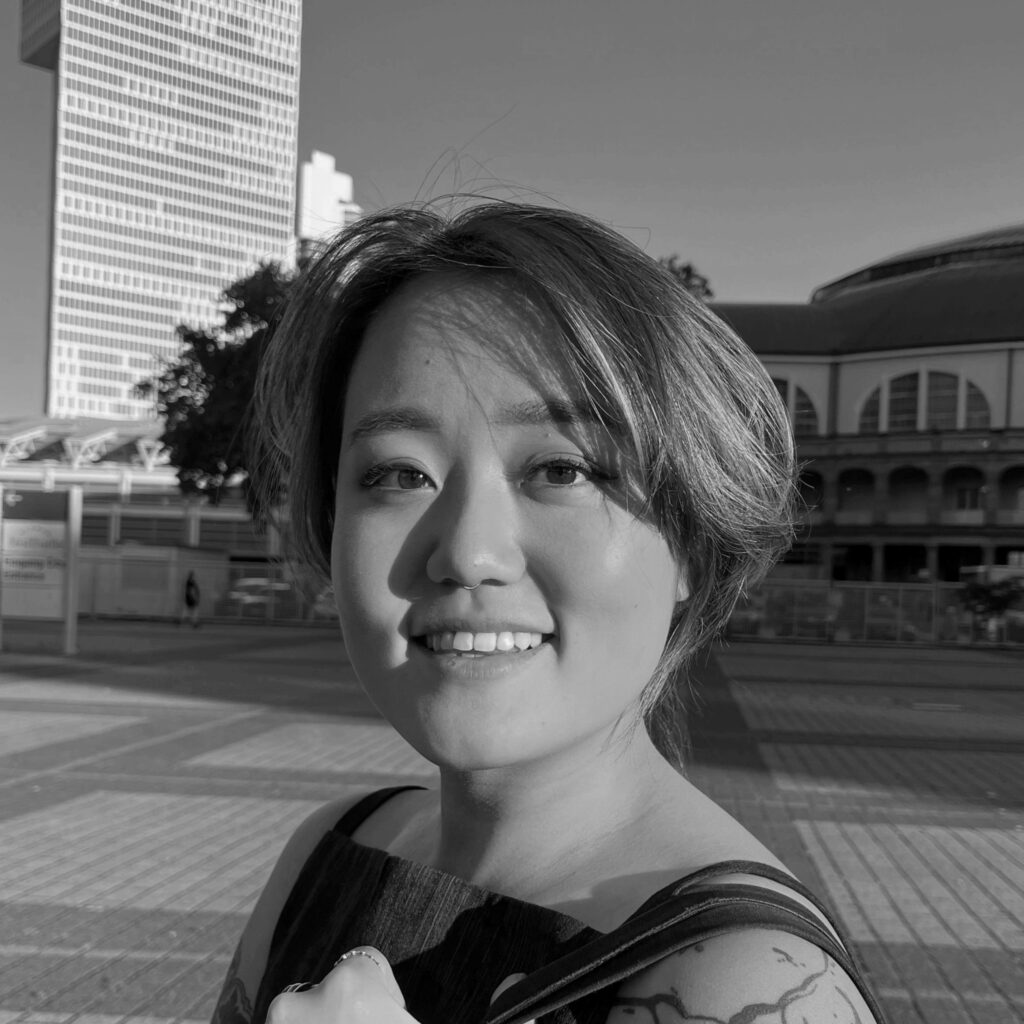
Inah Kim
CO-FOUNDER
Inah Kim is a graduate of Art History and Transcultural Studies M.A. She is interested in visual representations of urban spaces. She has recently completed her thesis titled “Access to Land: Challenging Notions of Value through Public Art in Mumbai in 2011 and 2012,” which aimed to investigate the interplay between colonial legacies, capitalist and governmental ventures, and their reverberations in the contemporary conceptualizations of Mumbai regarding land, property, and water through the artistic interventions that took place in 2011 and 2012. She is currently an academic trainee in an art museum. Interdisciplinary research lies at the core of her interests, where art history speaks about architecture and cities not only as built spaces but also as lived ones.

Julia Edelman
Editor-in-Chief,
Interval Magazine
Julia Edelmann is currently completing her thesis, which examines the intersections of queerness and death, loss, and grief in Mannheim, her new home. Her research focuses on queer funeral rituals, bodily autonomy in death, funeral homes as hybridised agents of church, state, and market, and the concept of “afterlives” through memorials, gravesites, and communal support networks such as grief groups.
Throughout her academic and professional work, she is deeply interested in science communication, aiming to bridge complex research topics with wider audiences and ensure access for everyone.

kattyayani J
co-founder
Kattyayani Joag is a graduate of Sociology and Transcultural Studies. Her research interests are informal urban economies in India. Her work focuses on waste-related labour and waste flows, investigating how these are shaped by urban transformations and the ambivalence of sustainability narratives with regard to informal labour. Through her research, Kattyayani examines the socio-economic and bureaucratic dynamics of informal work, investigating precarities within changing urban infrastructures.
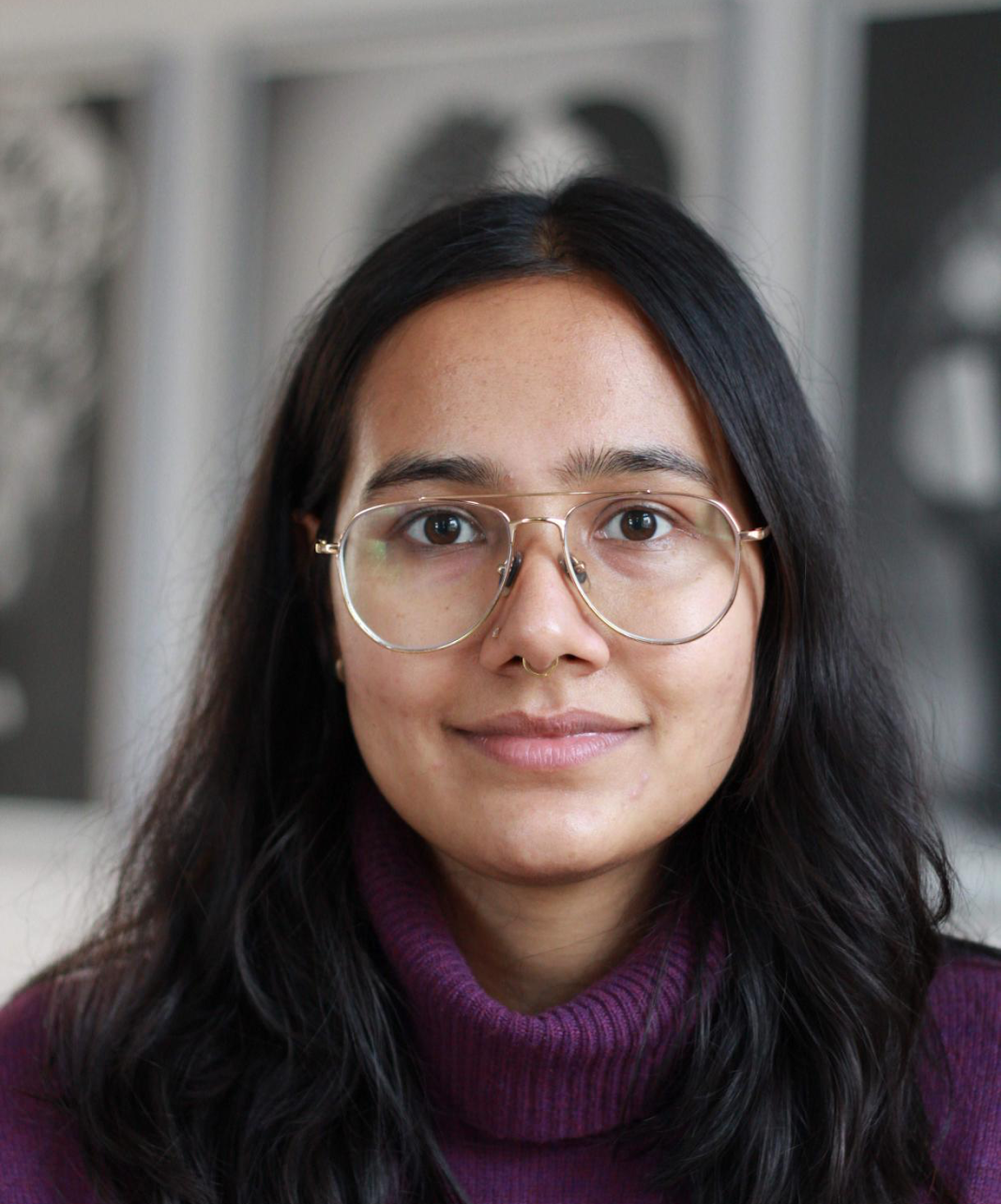
Rishika Rai
Editor-in-Chief,
Interval Magazine
Rishika Rai is a Doctoral Scholar in the Graduate Programme for Transcultural Studies) at the Heidelberg Centre for Transcultural Studies. Rishika’s research focuses on the rise of Alt-Right in India and the effect that digital visual culture has in accelerating the reproduction of cultural and social capital of the Hindu Right or Hindutva in India. She is interested in examining how global Far-right formations shape both the visual language and ideological substance disseminated by the Hindu right in digital spaces. Prior to joining HCTS, Rishika completed her master’s in development studies from Indian Institute of Technology, Guwahati and her bachelor’s in political science from University of Delhi.

Tara Brahme
Member
Tara Brahme is a third semester M.A. student at the Heidelberg Centre for Transcultural Studies. Her research interests currently lie at the intersection of culture, politics and the arts and how these three come together in shaping progressive, anti establishment movements.

Paromita Roy
Member
Paromita Roy is pursuing her masters in Transcultural Studies at Heidelberg University. She is currently working on her thesis that aims to shed light on the backdoor negotiations and compromises that women make to have fun within a city. Interested in urban geography and mobility studies from a feminist lens, her work is situated around the politics of leisure and fun and how it manifests in the public sphere for women.
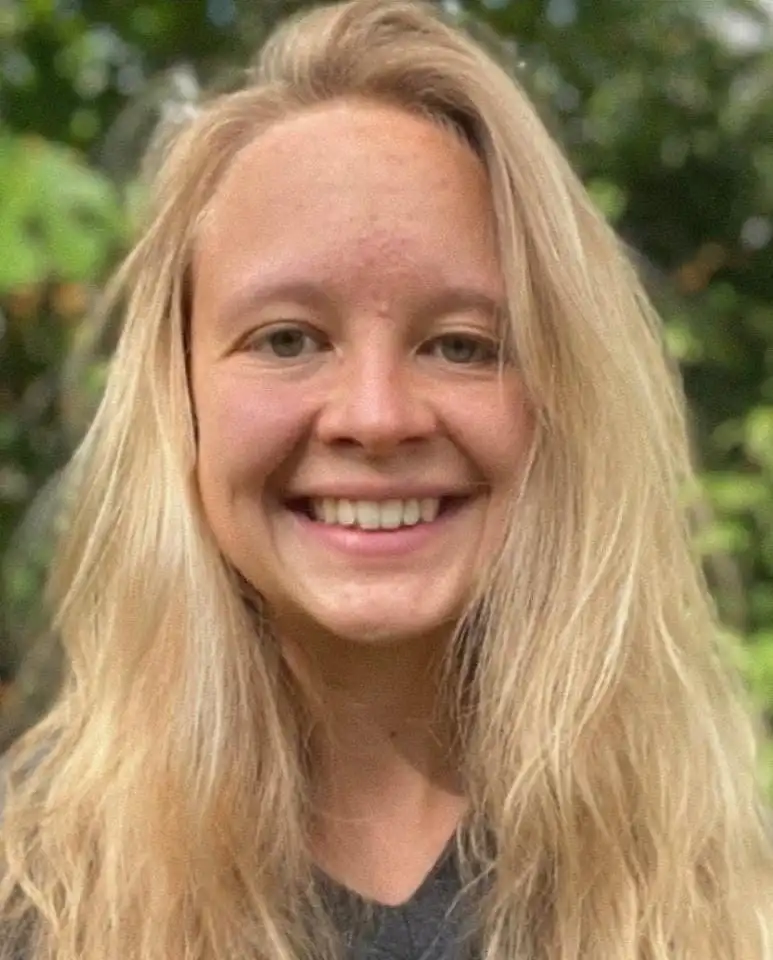
Ira Borgstedt
Member
Ira Borgstedt is a Master’s student of Geography at the University of Heidelberg, with a focus on political and urban geography. She is interested in how planning and the built environment influence social and political processes—and vice versa. Beyond studying social inequalities in urban contexts, she explores placemaking strategies around the world. Her research questions include: How can we use data on urban inequalities to make cities more livable? and How do placemaking strategies foster environments worth living in? Interdisciplinarity and connections with peers across the globe help broaden her perspective and deepen her research interests.

Anita Markmiller
member
Anita Markmiller is a PhD student in Art History and Transcultural Studies, and she is interested in how the things we see shape our understanding of aesthetics, knowledge, and truth. Coming from a rural area in the German Alps, she is fascinated by the dynamics of larger cities and the way urban structures affect our perception of our environment and the people we encounter in it. To explore a specific area, she is focusing on maritime environments and how the sea as a contact zone for humans, human creations, and non-human actants, is reflected in art.

MIHIR DESAI
Member
Mihir Desai is a healthcare architect, cartographer and marine biologist based in Mumbai and Vienna. His professional work focuses on master-planning for medicine teaching institutions and emergency pandemic hospitals. He is also a co-author of publications which map prejudice in urban planning for the legal advocacy of coastal or forest communities in India and Paraguay. His recent academic work historicizes maps through a trend of epistemic conflicts and epistemic fallacies in the theory of cartography. He is a graduate from the TU Munich School of Engineering and Design, Vienna University of Technology, Technical University of Dresden and the ITC University of Twente.
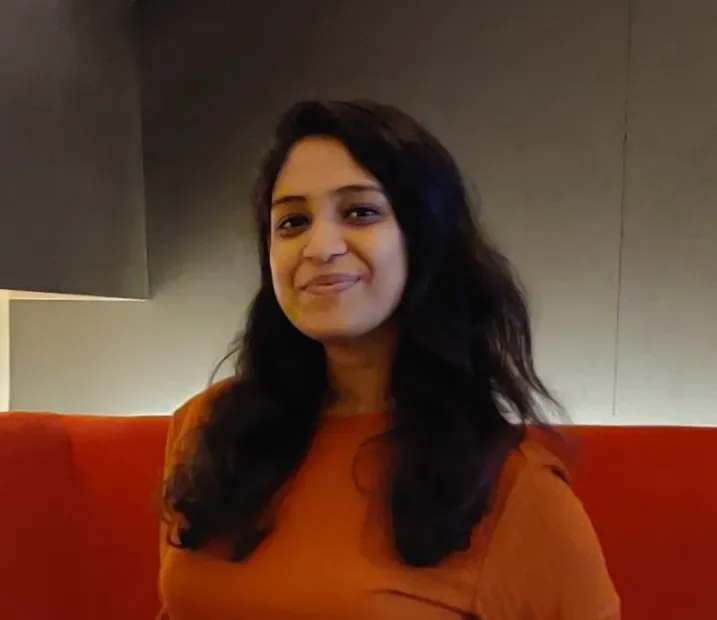
Diksha Jain
Member
Diksha Jain is an architect and urban designer passionate about improving cities. Her experiences in various Indian cities have deepened her understanding of how urban environments profoundly impact lives. During her undergraduate studies in Architecture, she explored cities through research, realizing their enduring influence. While working at Designers Forum, she identified a knowledge gap in addressing urban challenges effectively, motivating her to pursue a master’s degree in Urban Design at the School of Planning and Architecture in New Delhi. There, she discovered her passion for research, documentation, and design, which she believes is underrepresented in urban design. She thrives in diverse, multidisciplinary environments, striving to expand her knowledge and create inclusive cities that leave no one behind.

Shivam Kaushik
member
Shivam Kaushik is a researcher and a moving image artist. He finished his MA in Environment and Development from Ambedkar University, Delhi, India. His interests lie within the ambiguities of nature-society relations that shape our quotidian life. His master’s thesis delved into the novel space and place-making within Adivasi communities on the face of flooding disaster due to dam-induced submergence. Prior to his master’s, he worked as a community media personnel at Samaj Pragati Sahayog, a grassroots organization that works in the semi-arid Central Indian landscape dedicated towards the livelihood of the marginalized tribal communities within the region.

sakura Imakawa
member
Sakura Imakawa is an M.A. student of Transcultural Studies at Heidelberg University, focusing on cultural anthropology. Currently working on her Master’s thesis.
Her research interests lie in the spatial aspects of identity politics in ‘multicultural’ communities, especially focusing on the Japanese community in Germany. This topic sparks her curiosity, as it allows her to explore the agency of individuals not necessarily in positions of power, in traditional social studies.

Muhammed Aras
Member
Muhammed Aras holds a master’s degree in Transcultural Studies and a bachelor’s degree in Sociology. His research explores the social and cultural politics of visual media, with a focus on photography, memory, and communication. He is particularly interested in how visual narratives shape collective and alternative memories. His master’s thesis examined the moral and political implications of photographic practices during the 2015–2016 conflicts in Turkey, exploring the role of non-hegemonic imagery in the formation of socio-cultural memory.
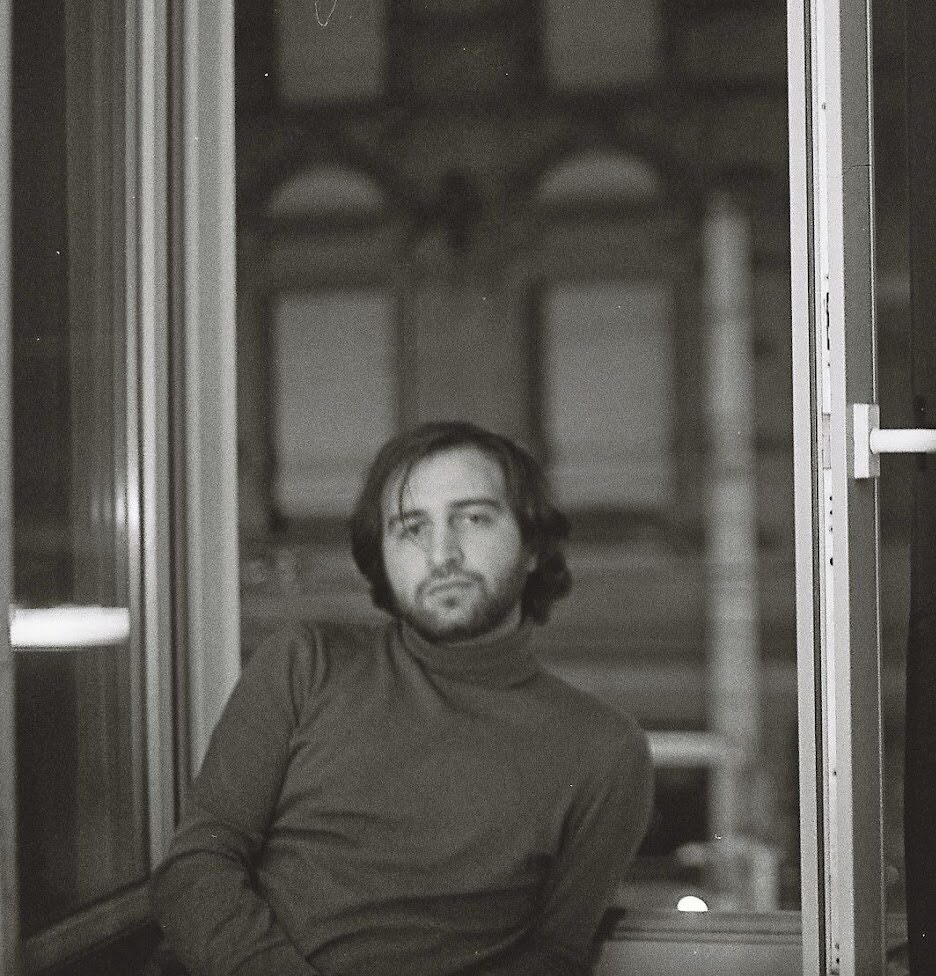
Cem Çataklı
Member
Cem Çataklı was born in 2000 in Heidelberg as the son of Turkish parents and grandchild of guest workers. He works with film, text, poetry, photography, and music to explore questions of identity, memory, and belonging. After discovering poetry and music in his school years, he began writing in English while living in London. He now studies Philosophy and English in Heidelberg, focusing on phenomenology, migration ethics, and the emotional textures of experience. For him, creative and philosophical work are ways of making sense of the world — and of staying in touch with what moves us.

Amogh Dutt
member
Amogh Dutt is a copy-editor and publishing professional. He is a graduate in psychology and has spent the last 8 years helping researchers and academicians refine their writing and communicate their knowledge effectively. A lifelong reader, his interests span history, art, literature, ethology, architecture, and sociology, among others. Were he an urban studies researcher, one would likely find him involved in a project examining the links between urban spaces, sleep, and leisure.
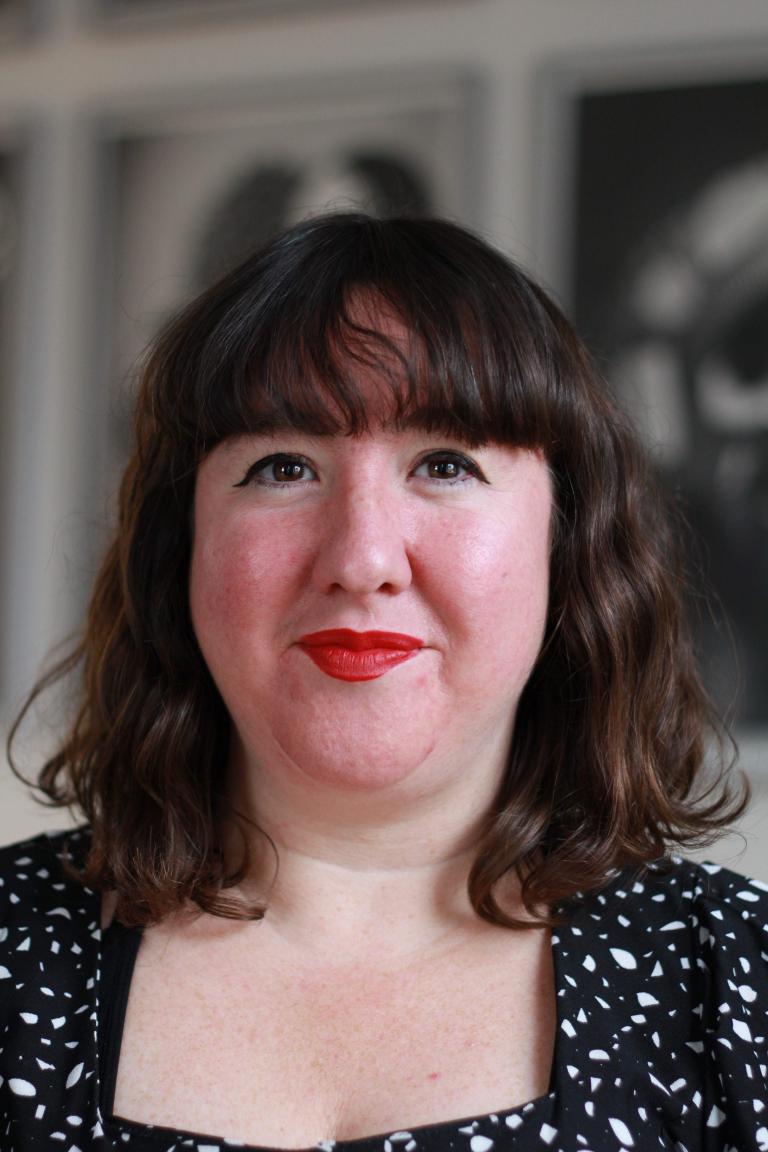
Sara Ibáñez O’Donnell
MEMBER
Sara Ibáñez O’Donnell is a Ph.D. candidate at the Heidelberg Centre for Transcultural Studies. As part of the Graduate Programme for Transcultural Studies (GPTS) and is supervised by Prof. Dr. Christiane Brosius. Her work deals with forms of knowledge production in diasporic activism against gendered violence. Sara holds a B.A. in Humanities, during which she spent a semester abroad at Maastricht University, and a second B.A. in Journalism & Media, both from Pompeu Fabra University. She studied a master’s degree in Transcultural Studies also at Heidelberg University.